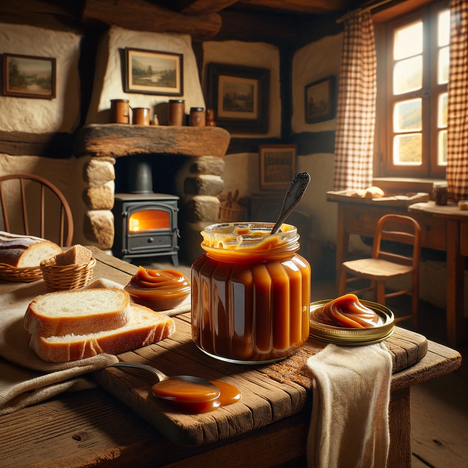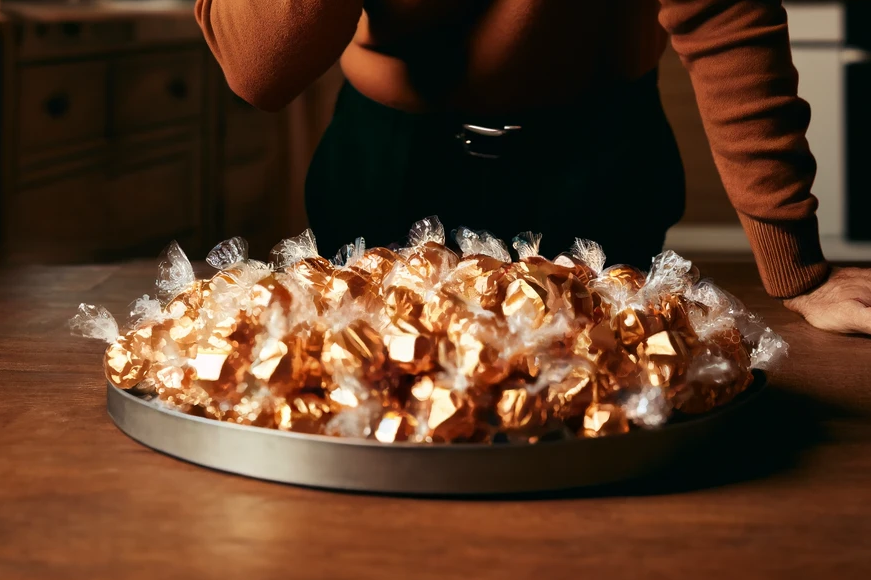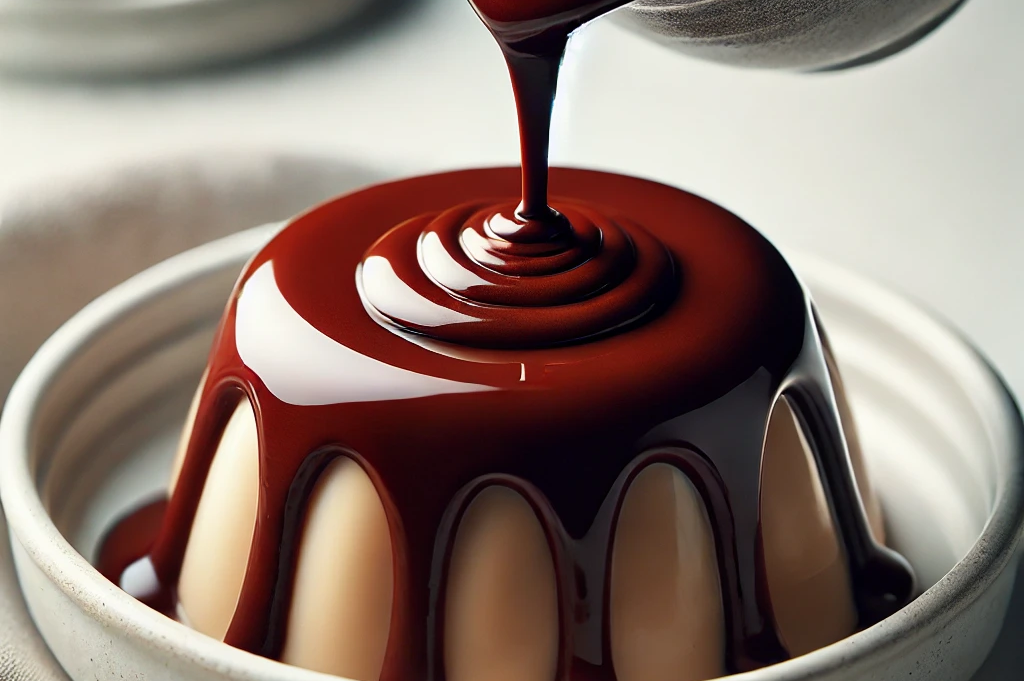Dulce de leche

Dulce de leche, a caramel confection, the centerpiece of numerous desserts and a popular treat in many parts of the world, is known for its rich flavor and creamy texture. While this South American export is widely used in human cuisine, the question is whether it is also suitable for our four-legged friends. In this article, we explore what exactly dulce de leche is and highlight the potential pros and cons of its use in dog nutrition.
What is dulce de leche?
Dulce de leche is a sweet, caramelized milk that is traditionally made by slowly heating milk and sugar until a thick, creamy paste forms. This sweet is very popular in Latin America and can be found in a variety of desserts, from ice cream to pastries and cakes. The process of caramelization enhances the natural sugars in the milk and creates an intensely sweet end product.
Benefits of dulce de leche for dogs
In fact, dulce de leche offers little to no nutritional benefits for dogs. While the main ingredients - milk and sugar - are not necessarily harmful in small amounts, there are safer and healthier alternatives to give your dog a treat.
Disadvantages and risks of dulce de leche for dogs
High sugar and fat content
Dulce de leche is extremely high in sugar and fat, which is problematic for dogs for several reasons. A high sugar intake can lead to weight gain, diabetes and dental problems, while a high fat content can cause digestive disorders and, in the worst case, pancreatitis.
Lactose intolerance
Many dogs are lactose intolerant and cannot digest dairy products well, including the milk contained in dulce de leche. The lactose can cause stomach upset, bloating and diarrhea in these dogs.
No nutritional benefit
Dulce de leche does not contain significant amounts of vitamins, minerals or other nutrients that are important for a dog's health. Therefore, it provides no nutritional benefit to dogs.
Potential risk of additives
Commercially produced dulce de leche may contain additives such as preservatives, flavorings and colorings that can be harmful to dogs. These additives can cause allergies or other adverse reactions.
Although dulce de leche is a delicious temptation for humans, it's best for dogs to stay away from this sweet treat. The high sugar and fat content, as well as the potential risk of lactose intolerance, make it an unsuitable and potentially harmful addition to a dog's diet. Instead of sharing dulce de leche, dog owners should look for healthier alternatives designed specifically for their dogs' nutritional needs and health.
If you notice any signs of hypersensitivity or poisoning in your dog, you should see your vet immediately. We are not a substitute for a vet, but we try to be as accurate as possible. Every dog reacts differently and we recommend you get a second opinion or consult your vet if in doubt.
Stay healthy and take good care of your four-legged friend!😊
Similar to Dulce de leche
Caramel is a product made from sugar that is heated until it melts and turns brown. This produces various aromatic substances that give caramel its typical taste. Depending on the temperature and...
Condensed milk is milk from which a large proportion of the water has been removed. This makes it thicker and longer-lasting. There are different types of condensed milk: Evaporated condensed milk:...
Toffee is a type of candy made mainly from sugar or molasses and butter, often with the addition of nuts, raisins or chocolate. The mixture is heated until it reaches a viscous consistency, which...
Chocolate sauce is made by mixing cocoa or melted chocolate with ingredients such as sugar, milk or cream and sometimes butter or vanilla. The result is a rich, smooth sauce that enhances hot and...



